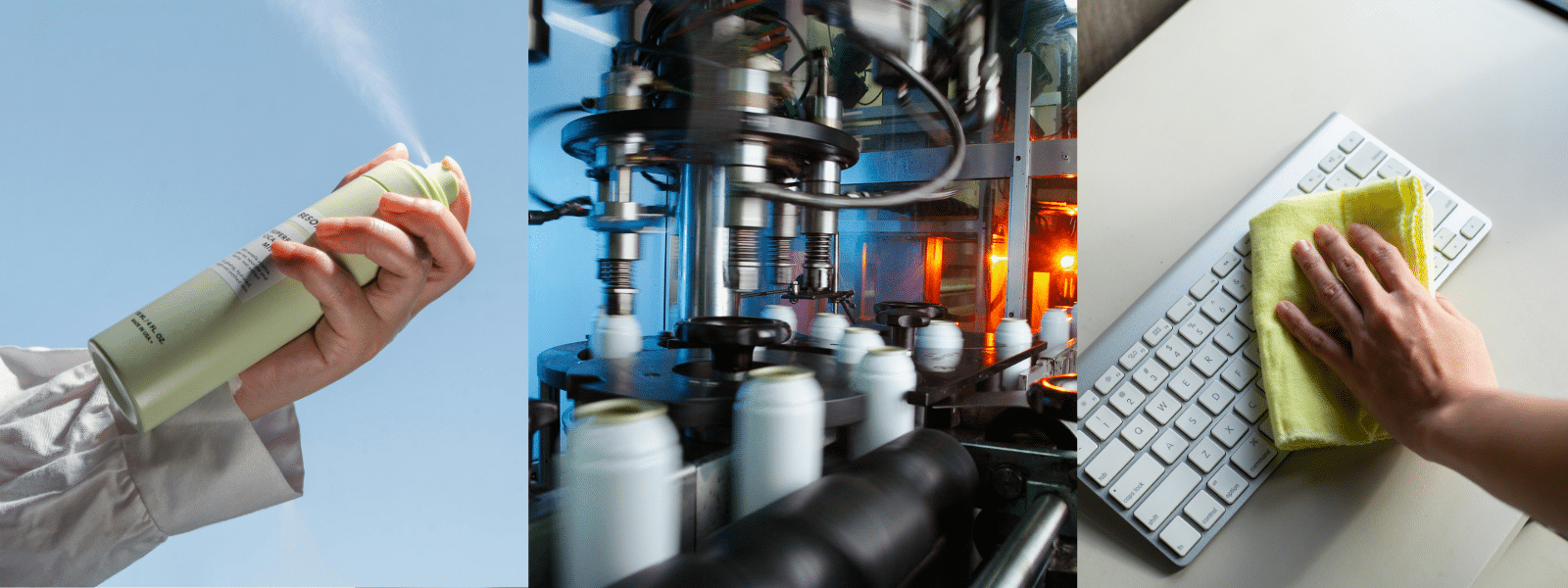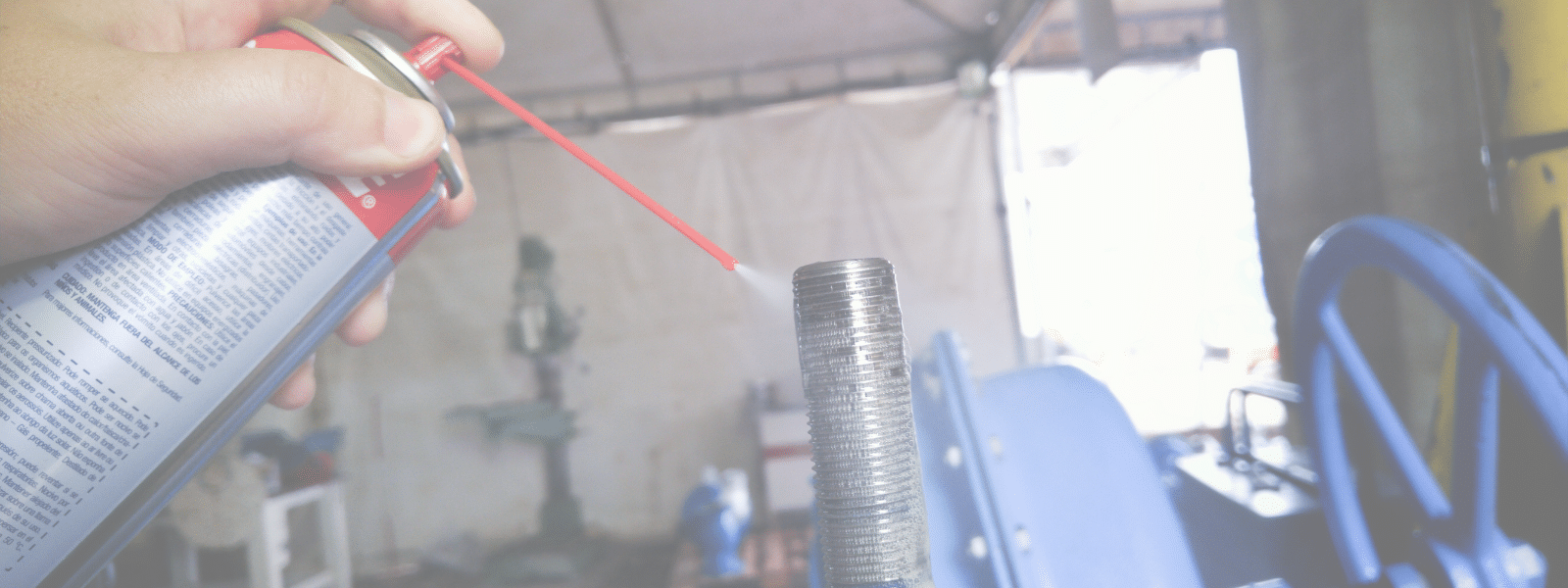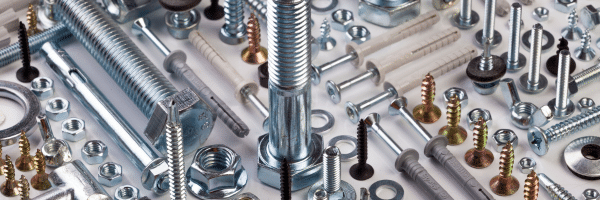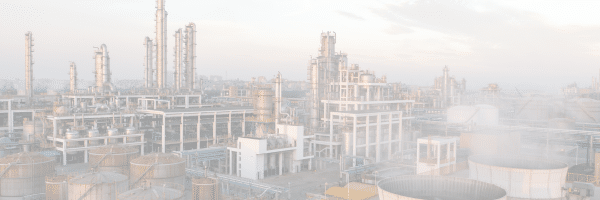Not sure what household aerosols are? Should you avoid them all together?
In this blog post, we’re going to do a deep dive into aerosols, providing you definitions, examples, and dangers associated with popular household cleaning products.
Read on to learn more about the different uses and alternatives available on the market for you!
What Are Household Aerosols?
Household aerosols are aerosol products that consumers can purchase in store or online to clean and disinfect their home.
Aerosols typically contain compressed gases that propel the ingredients outside of the can and into the air in a mist or spray. Here are some examples:
- Air Fresheners: Used to freshen the air with synthetic fragrances
- Disinfectant Sprays: Used in households, classrooms, hospitals and other areas to disinfect surfaces
- Cleaning Sprays: Used to clean glass and a variety of other surfaces
Outside of the home, you may find additional aerosols used on your property:
- Pesticides/ Insecticides
- Paint & varnishes
- Outdoor cleaning sprays
If you do a lot of yard work, chances are you have some kind of aerosol products in your garage.
Are Aerosol Products Toxic?
While these aerosol products can be effective at cleaning surfaces and freshening the air, the compressed gases and other ingredients can be extremely harmful. Some items to take into consideration are:
- The propellants used to emit the spray or mist typically contain harmful volatile organic compounds (VOCs) that are released into the air you breath.
- These compounds have been linked to asthma, cancer, respiratory diseases, and other health issues.
- Additionally, these products are highly flammable and can pose more health risks if not disposed of properly.
- There are non-toxic aerosols on the market that don’t emit hazardous fumes and are residue free.
Having a better understanding of the dangers of aerosol is crucial for safety considerations, but also understanding the differences between different types of aerosols: specifically household aerosols vs industrial aerosols and household aerosols vs non-aerosols.
Let’s explore together the key differences between these different products to understand their usage and impact.
Household Aerosols vs Industrial Aerosols
Here at Ecolink, we provide industrial aerosols, those that are used in crucial industrial cleaning applications for aerospace, utilities, transportation and more. They differ from household aerosols due to:
- Usage: Not used in everyday cleaning, more for manufacturing and maintenance in various industries.
- Health Impact: Pose more of a health risk due to higher concentrations and different use of hazardous substances.
- Regulation and Control: Household aerosols are regulated at the consumer level, but industrial aerosols are subject to more strict regulations and protocols to protect workers.
Household Aerosols vs Non-Aerosols
Non-aerosols are cleaning products that don’t contain propellants. They generally exist in liquid or gel form:
- Liquid detergents & cleaners
- Moist cleaning wipes
- Gel-based cleaners & sanitizers
- Non-Aerosol Sprays/fresheners
Keep in mind that just because these products don’t contain VOCs, doesn’t mean they aren’t toxic. It’s important to always read labels and be mindful of the ingredients in each household cleaning solution before purchasing.
Here are some best practices for choosing and using safer cleaning solutions that still yield an effective clean:
- Look for the “EPA Safer Choice” label or other certifications
- Opt for fragrance-free and dye-free products when possible
- Avoid mixing cleaning solutions
- Always dispel the cleaner in a well-ventilated area regardless of ingredients
Shop Environmentally Preferred Cleaners
Looking for environmentally preferred aerosol and non-aerosol cleaners? While we don’t carry household aerosols, we specialize in industrial aerosols to enhance worker safety and environmental compliance contributing to continuous improvement of worker safety.
Browse Ecolink Inc.’s wide selection of effective aerosol cleaners to find the best one for your business or call us at 800-563-1305 to speak with one of our chemical consultants today!















